First Nation community breaks health-care barriers for elders using app
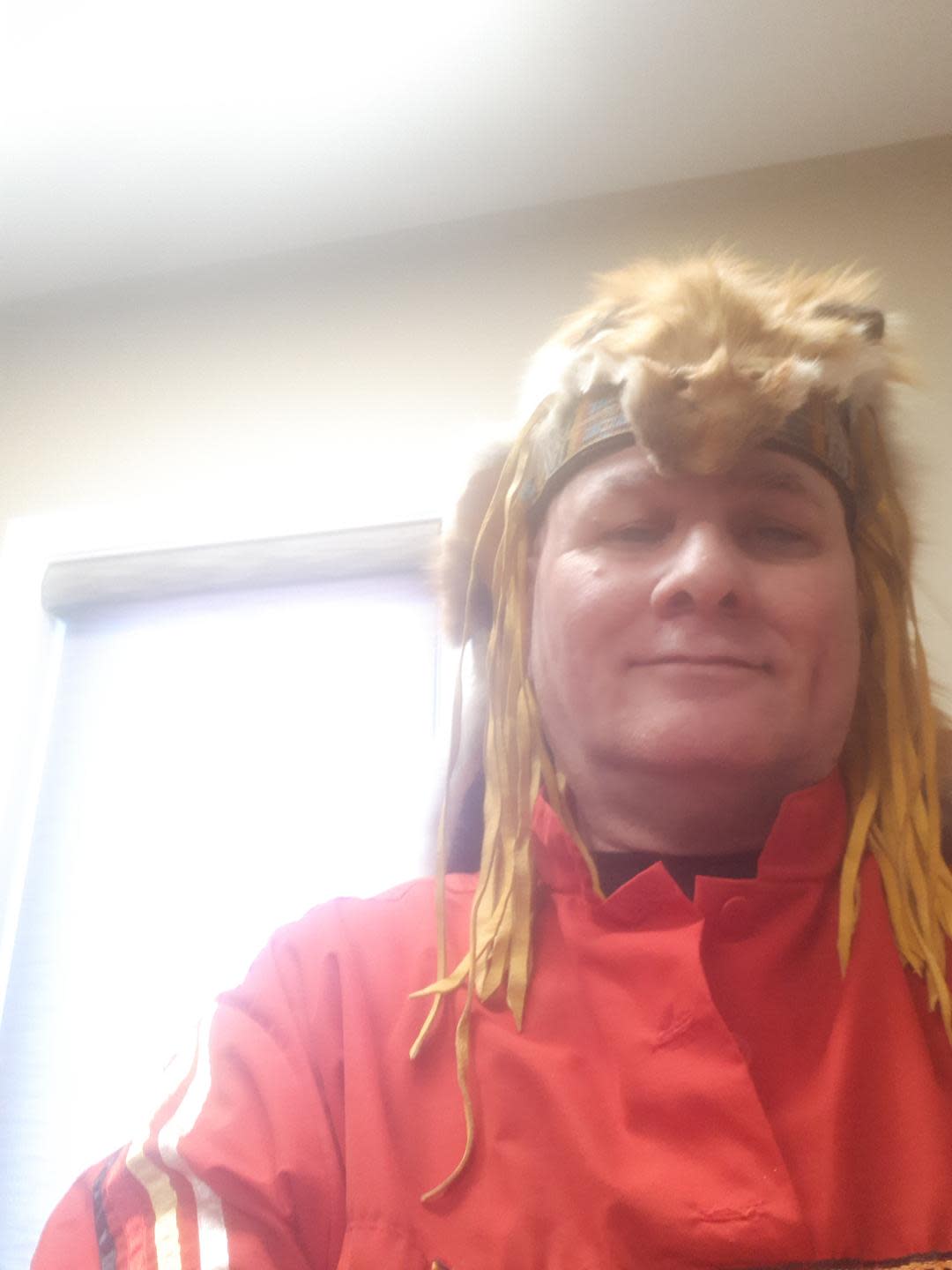
For Michel Pelletier of the Madawaska Maliseet First Nation, an app that connects elders like him to health services has been life changing.
The 61-year-old says a recent six-hour drive to Nova Scotia for a cataract appointment would have been out of the question without the Madawaska Elder Initiative.
The app connects Pelletier and 42 other elders in his community with a driver who takes them to all kinds of health-care appointments and also offers translation help and support at appointments if needed.
"My son is working, my daughter is working," Pelletier said. "They can't just leave their job and say, 'Hey, I gotta bring my dad to some places.'"
The Madawaska Elder Initiative was launched in 2019 by Micheline Plante, health director of Madawaska Maliseet First Nation, and France Chassé, a senior lecturer in the nursing department at the Université de Moncton.
The pair said the program has improved health-care outcomes for elders who are taking part.
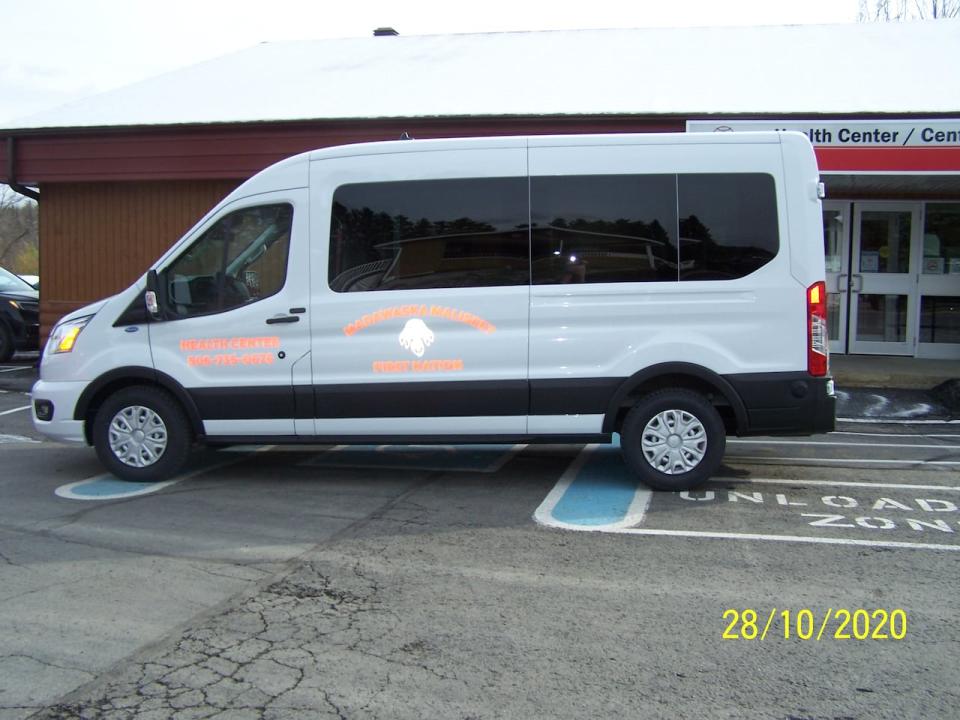
Roger Dunphy, the primary driver for the program, uses a medical van that allows him to transport patients, including those with mobility issues. (Submitted by Micheline Plante)
The first stage of the initiative was learning what the needs were in the small Maliseet community of about 375 people in northwestern New Brunswick.
Plante said early surveys found many elders live alone and can't depend on family members to drive them to hospitals in Quebec, Saint John or Moncton for care.
"We have minimum hospital services here," she said.
Since the app launched in 2020, Chassé said 43 of the 55 elders — more than two-thirds — have been using it, with many using it "almost every week." The app has seen 650 requests since its launch in 2020.
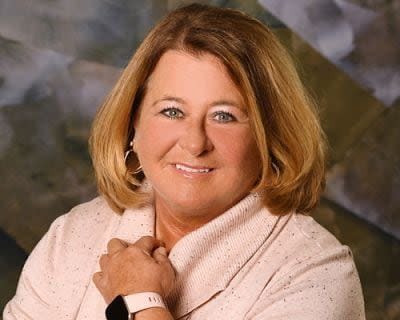
Madawaska First Nation health director Micheline Plante says the elder initiative was created to bridge the gap between elders and health services that are often far from home. (Submitted by Micheline Plante)
The goal, Plante said, is for elders to be able to age comfortably in the community.
"We want our elders to stay at home as long as possible so they can live a life very smoothly and enjoy the time — the old age," she said.
The app is offered exclusively to elders in the community and Pelletier said it's much more than a drive to appointments — it's also independence.
"When I think about those things, it's like, how many people are stuck like that, that would need the service. They don't have it," he said.
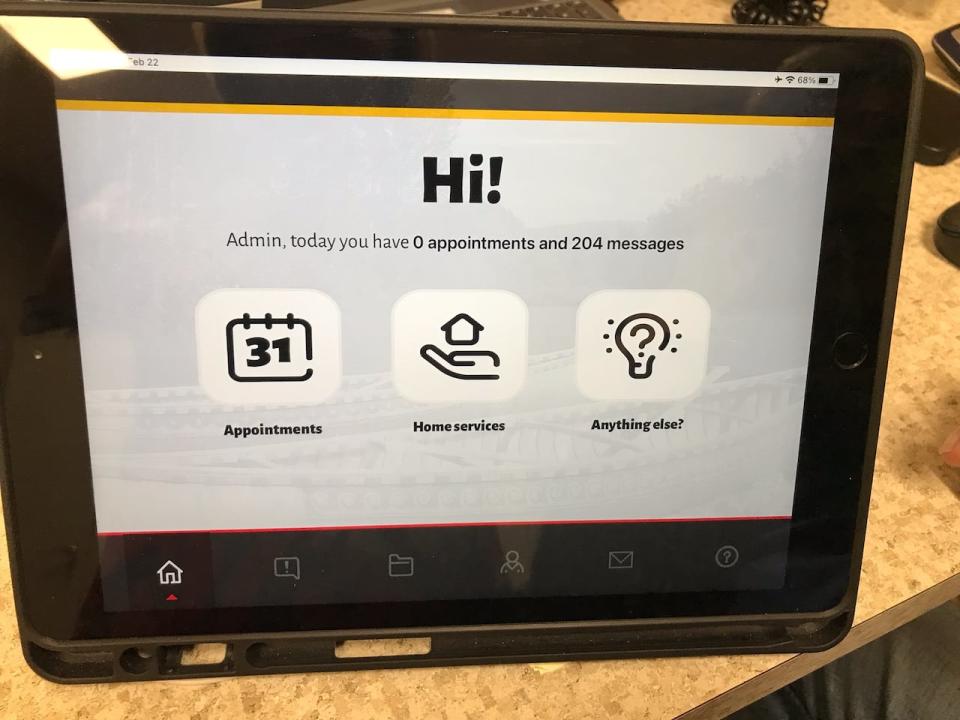
The app evolved over time to include home services such as Meals on Wheels. (Submitted by Micheline Plante)
"I'm pretty grateful that we have it. It makes me feel bad when I see other people that don't have that service."
The app has evolved to include the ability to request home-care and other services, such as help with groceries and pharmacy pickups.
Bridging gaps in distance and language
Roger Dunphy is the primary driver for the project. He took the job because building trust and "trying our best for our elders" is important to him.
Dunphy drives a medical van that allows him to transport people, including those with mobility issues, wherever they need to go.
"My job is to take care of them there. So that's a big thing for me."
Dunphy, himself an elder in the community, said the people he takes care of are his friends. While he works full time for the program, he often checks in on clients outside of his transportation duties.
"Saying, 'How are you?'...'I have time to come and see you,' and they appreciate that. Just stopping by to talk with them."
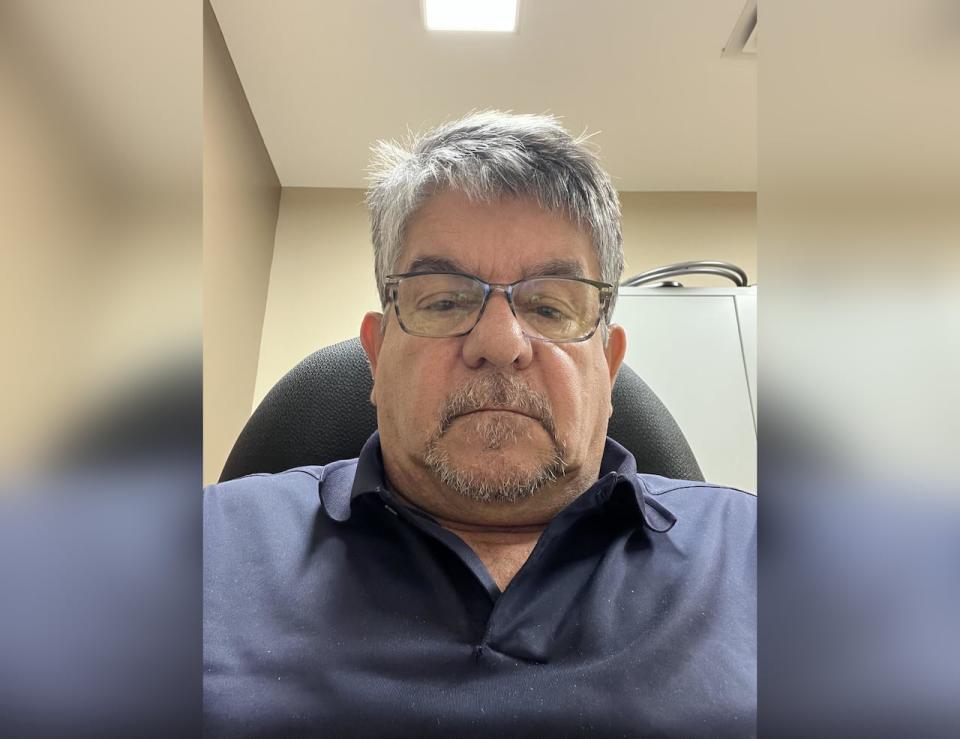
Roger Dunphy, who drives elders to health-care services — often far away from the community — says taking care of elders is important to him. (Submitted by Roger Dunphy)
Dunphy is also a translator and offers support at appointments to make sure all concerns are addressed.
"Sometimes when they sit with the doctor and they forget things and after they are all finished I come over and I tell them, 'Should we talk about that?'"
For Plante and Chassé, breaking down the language barriers to health care have been just as important as the transportation challenges.
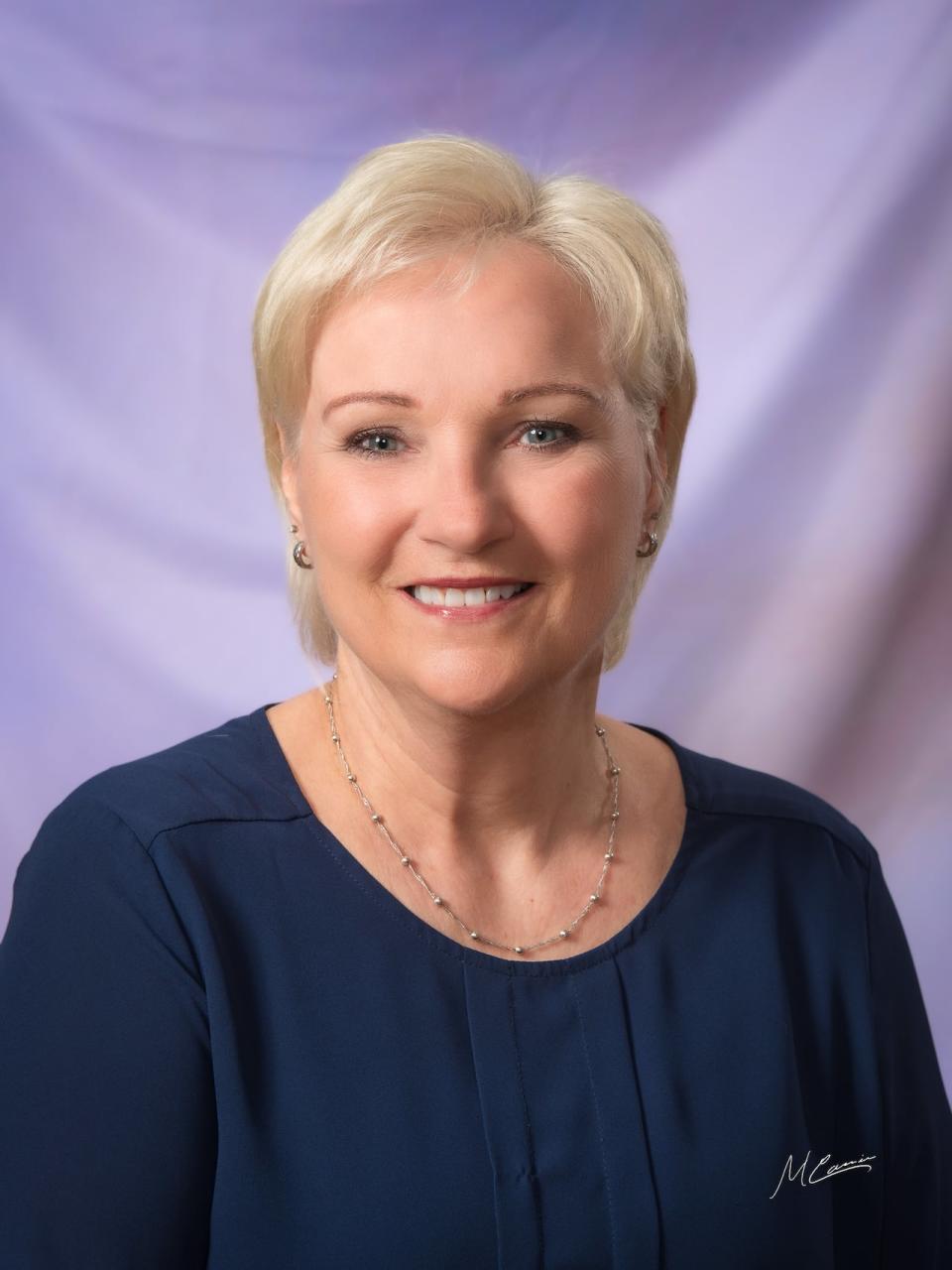
Université de Moncton’s France Chassé says the initiative has brought the app to 43 of the 55 elders — more than three-quarters — of the elder population of the community. (Submitted by France Chassé)
"We have members that talk only English and we have members who only talk French," said Plante.
Plante and Chassé hope to continue the project into the future but are both open to how the services will evolve depending on elder needs.
"Our ears are very wide open and if someone wants more, we're gonna try to add that on to the services that already exist," said Plante.


